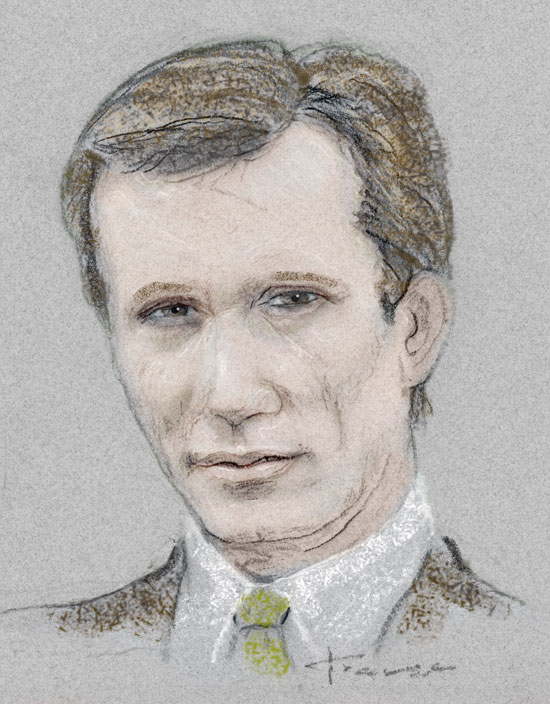

There is, nevertheless, something to the desire to claim Wood’s incomparability. It would be better to say simply that Wood is among the very few contemporary writers of great consequence. It diminishes insofar as its trophy is a consolation prize for being not only a dog but an ornamental one. It exaggerates in its specious assignment of rank, an insult to Frank Kermode, Daniel Mendelsohn, Helen Vendler, Louis Menand and other fine critics. It both exaggerates and diminishes his importance. It should be compulsory reading for anyone in the reviewing trade and committed to memory before aspiring writers put pen to paper.To call James Wood the finest literary critic writing in English today, as is commonplace, is to treat him like some sort of fancy terrier at Westminster. brilliantly acute and enticingly widely read work. Witty, concise, and composed with a lovely lightness of touch * Economist *Įxceptionally illuminating. Taylor * Independent on Sunday *Įnchanting. full of top-notch observations from the coal-face - D.J. But then there aren't many book reviewers like James Wood * Sunday Telegraph * There aren't many book reviewers whose leaving one magazine to go to work for another would make the headlines. This compelling essay shows just how deeply, sensitively, imaginatively and joyfully he reads * Scotland on Sunday * Publisher: Vintage Publishing ISBN: 9781845950934 Number of pages: 240 Weight: 170 g Dimensions: 198 x 129 x 15 mm MEDIA REVIEWS It has the quality all useful works of criticism should have: refined taste, keen observation, and the ability to make the reader argue, passionately, with it' Financial Times 'Should find a place on every novel-lover's shelf. Playful and profound, it incisively sums up two decades of bold, often controversial, and now classic critical work, and will be enlightening to writers, readers, and anyone interested in what happens on the page. Wood ranges widely, from Homer to Beatrix Potter, from the Bible to John Le Carre, and his book is both a study of the techniques of fiction-making and an alternative history of the novel. In his first full-length book of criticism, one of the most prominent critics of our time takes the machinery of story-telling apart to ask a series of fundamental questions. Forster's Aspects of the Novel and Milan Kundera's The Art of the Novel, How Fiction Works is a study of the main elements of fiction, such as narrative, detail, characterization, dialogue, realism, and style. Why do most endings of novels disappoint? What do we mean when we say we 'know' a fictional character?


literary critic we have' ( New York Review of Books) in this new revised 10th anniversary edition. Rediscover this deep, practical anatomy of the novel from 'the strongest.


 0 kommentar(er)
0 kommentar(er)
